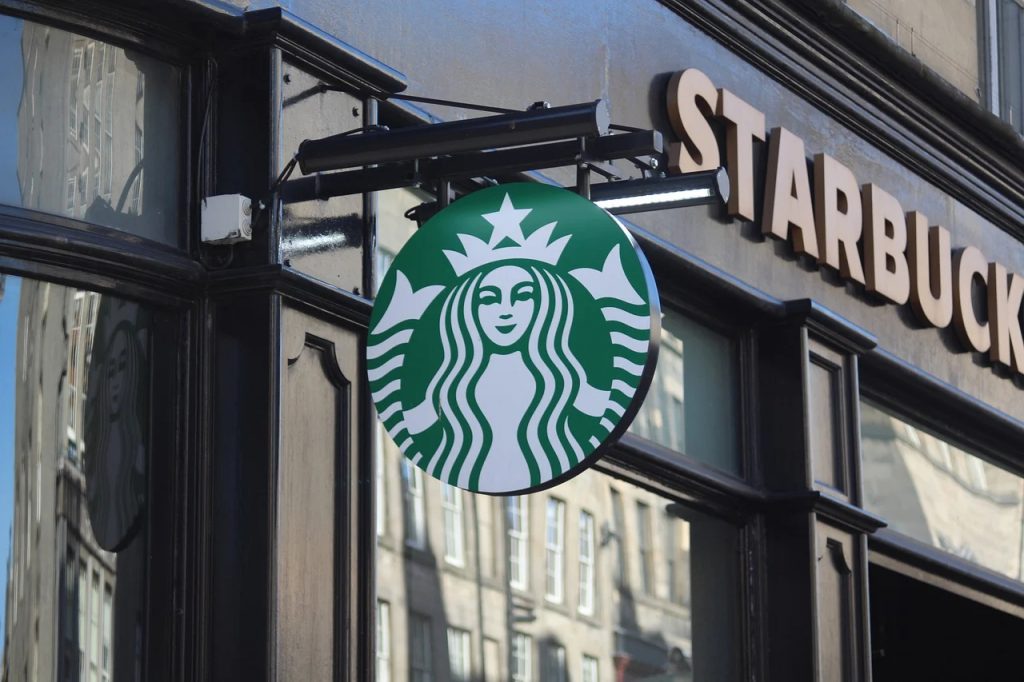Wall Street Is Losing Faith In Starbucks, Here’s Why
Investor confidence for Starbucks is heavily waning on Wall Street following the company's overt anti-union efforts
This article is more than 2 years old

Over the years, Starbucks has garnered the reputation of being one of the most favorable retailers to work for. Similar to the likes of Apple and Costco, Starbucks is a company that offers a higher than average base pay and comprehensive employee benefits. However, in recent months that reputation has been muddled by the company’s consistent efforts to thwart unionization mobilization at Starbucks nationwide. Their actions, which counter the image the coffee giant has carved out for itself over the years, have caused a lot of uneasiness. This is particularly true amongst investors on Wall Street. CNBC reported that Wall Street stakeholder confidence in Starbucks is swiftly waning.
This waning confidence was directly reflected in the stock market when on April 19, 2022, Starbucks’ share value dipped by a considerable 12%. Fueling the dropping stock prices are the strategies being implemented by current interim CEO Howard Schultz. Since returning to the CEO helm for the third time on April 4, 2022, Schultz has outlined strategies that will allegedly work against unionization efforts.
For instance, Schultz detailed at a store leaders’ meeting that he intends to make a big push to continue to bolster worker benefits in attractive ways. On the surface, this seems like a well-intentioned strategy. And for all intents in purposes, it is. However, what some are gleaning from it, particularly the powers that be on Wall Street, is that he is doing this to dissuade workers from unionizing by making the workplace more attractive. If this actually is Schultz’s endgame, it is a clever ploy indeed. Still, despite what shareholders on Wall Street may think, any allusions to his motives are just conjecture.
If Wall Street is correct in their assessment, however, and bolstering Starbucks’ worker benefits further is a part of Schultz’s anti-unionization strategy, Nick Kalm doesn’t think it will be enough. Kalm, who is the founder and president of Reputation Partners, provides expert advice to companies dealing with a measurable amount of employees who want to unionize. Kalm pointed out that “Starbucks has made the job of being a barista so much more challenging that even if they ‘solve the wage and benefit issue,’ I don’t think that’s necessarily going to stop or slow down the unionization push.”

Furthermore, if Starbucks remains steadfast in its anti-unionization position it could serve to only further taint its already tarnished reputation. “Our conversations with several union experts suggest that the greatest financial risk to Starbucks is market share loss and deterioration in brand perception if the union battle continues to make headline news,” BTIG analyst Peter Saleh told CNBC. Where Starbucks is likely to see and feel this most is in its share performance on Wall Street. Referring to Starbucks’ once affable image Nick Calm pointed out that “If your whole mantra is being a very progressive company, it becomes very difficult for you to reconcile strong anti-union messages with that.”
Whether or not experts’ predictions regarding the fate of Starbucks on Wall Street come to pass, it is worth noting that compared to the massive number of restaurants Starbucks operates nationwide, unionization efforts are relatively small. To date, only about 200 distinct stores have begun filing union paperwork. Well over 9,000 Starbucks are in operation countrywide. This means that only about 2% of its stores are actually taking steps to unionize. Ultimately though, which way the tides turn will come down to a combination of public perception and the opinions of key stakeholders.






